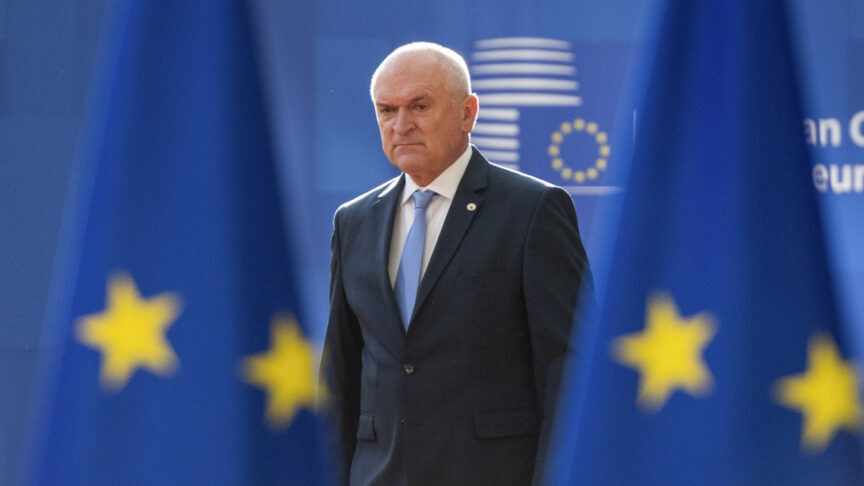View from Rome: A harsh wake-up call
All in all, the sentiment in Italy is that, at the end of the day, the UK has never truly been part of Europe.
Brexit came as a surprise to Italy. Yesterday, until late in the evening, most observers and politicians were taking Bremain for granted. This morning’s results were a sharp wake-up call for Italy, and the rest of Europe.
Prime Minister Matteo Renzi immediately called a summit at Palazzo Chigi to examine the implications of the vote. He consulted with President François Hollande and Chancellor Angela Merkel before delivering a clear call via social media for a stronger and more integrated Europe, though a different one. “We need to make changes in order to have a more human and just Europe”, he said. “Europe is our home and our future.”
On Monday, Hollande, Merkel and Renzi will meet in Berlin: a strong statement in itself. The core of Europe, the founding member states, are taking action. Financial stability will be the priority (the Milan stock exchange plummeted 10 percent this morning).
Foreign Minister Paolo Gentiloni said that he respected the decision of the British people, expressing the hope that the vote would be the shock Europe needed to restart the process of integration. Economy Minister Pier Carlo Padoan immediately tried to reassure Italians, stating that the impact on the economy would be limited. Speaking to CNN, he said that Europe should be seen as part of the solution to Italy’s problems and not the cause.
Padoan also stressed the need for a change in European governance, to refocus on growth and investment, otherwise it would risk suffering a domino effect from the British referendum.
Meanwhile Matteo Salvini, leader of the Northern League (Lega Nord), an anti-Europe and anti-immigration party, welcomed the victory of the Leave campaign. He said that “the courage of free citizens of Great Britain” had paved the way for other protest movements against the EU in various member states. Salvini said that he hoped Italy wouldn’t be the last country to “leave this sinking ship” and announced that he was collecting signatures on a petition for Italy to hold its own referendum, although this type of referendum is not provided for by the country’s constitution.
The Five Star Movement (Movimento 5 Stelle), which recently won important local elections in Rome and Turin, took contradictory positions. While founder Beppe Grillo advocated on his blog yesterday for a reform of the European Union from within, and for breaking ties with UKIP, which shares a political affiliation with the Five Star Movement in the European Parliament. This is in line with the Movement’s official stance: that the Union needs deep reformed, but Italian membership is not in question.
Today, however, some prominent members of the movement – including Luigi Di Maio, vice president of the Lower House and likely prime ministerial candidate in the next elections, and MP Alessandro Di Battista – have welcomed the outcome, arguing that is always a good thing for the people to express their opinion, and expressing their hope that a similar referendum will be held in Italy.
All in all, the sentiment in Italy is that, at the end of the day, the UK has never truly been part of Europe. Italians believe that negotiations should start as soon as possible, alongside an accelerated integration process to create a different, better, Europe.
The European Council on Foreign Relations does not take collective positions. ECFR publications only represent the views of their individual authors.


